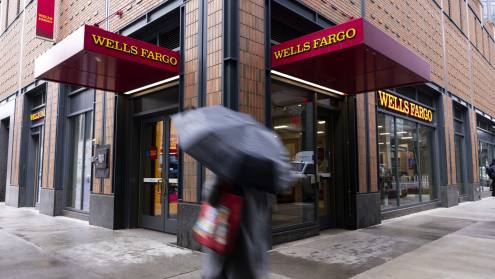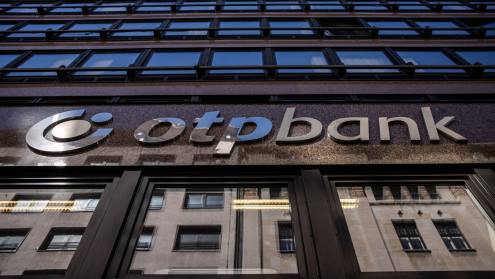But as Islamic finance moves into the second stage of its modern growth, customers are keen not only on the Islamic nature of the financial instruments offered, but also on the returns offered and how they compare with other financial products.
The challenge for the new generation of Islamic institutions is in providing not just sharia-compliant products but also competitive returns. Given the risk-sharing aspect of Islamic finance, in which the institution participates in the risk of the instrument along with the customer, exact returns are not as clearly defined as they are with so-called western products. This aspect, combined with the relative lack of financial disclosure in the industry, has made comparisons more difficult.
However, competitive pressures are expected to drive the industry into more openness. In its first Top 500 Islamic Financial Institutions listing, based on the information available, The Banker has attempted to provide a ranking of the most profitable Islamic institutions on the basis of return on assets (RoA) and pre-tax profits.
Sudan’s El Nilein Insurance Company topped the profitability rankings with 37.3%, followed by United Arab Emirates finance house Tamweel with 35.1% and Kuwait’s International Leasing and Investment Company with 33.5%. These RoA figures compare very favourably with the average RoA figure of The Banker’s Top 1000 World Banks (1.06%). In the Top 25 below, insurance companies account for 10 of the leading players and the top banks are Bahrain’s Unicorn Investment Bank (13.6%) and Saudi Arabia’s Bank Al Jazira (13.2%) in 11th and 13th places respectively.
In pure pre-tax profits terms, the leading players in the table below contain many institutions that offer sharia-compliant products through so-called Islamic ‘windows’ but which have provided no detailed figures for those sharia-compliant assets (SCAs). In this way, BNP Paribas heads the listing for the highest profits of an institution offering SCAs but, like all of the 13 institutions ranked 222 in our Top 25 listing, it did not provide any details of its SCAs. The real positions in terms of SCAs are not clear. Saudi Arabia’s Al Rajhi Bank (in fifth place) is the most profitable institution with 100% SCAs.











